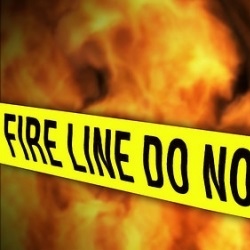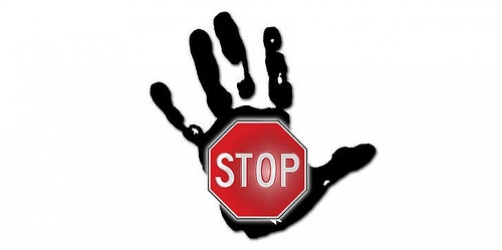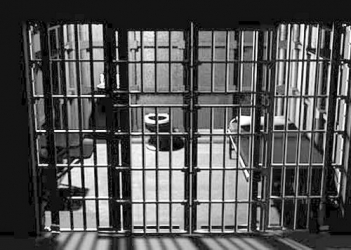consequence (n)
/ˈkɒn.sɪ.kwəns/
a result of a particular action or situation, often one that is bad or not convenient

prosecutor (n)
/ˈprɒs.ɪ.kjuː.tər/
a legal official who accuses someone of committing a crime, especially in a law court











































 Hãy đăng ký thành viên và đăng nhập để sử dụng chức năng này!
Hãy đăng ký thành viên và đăng nhập để sử dụng chức năng này!
Bình luận